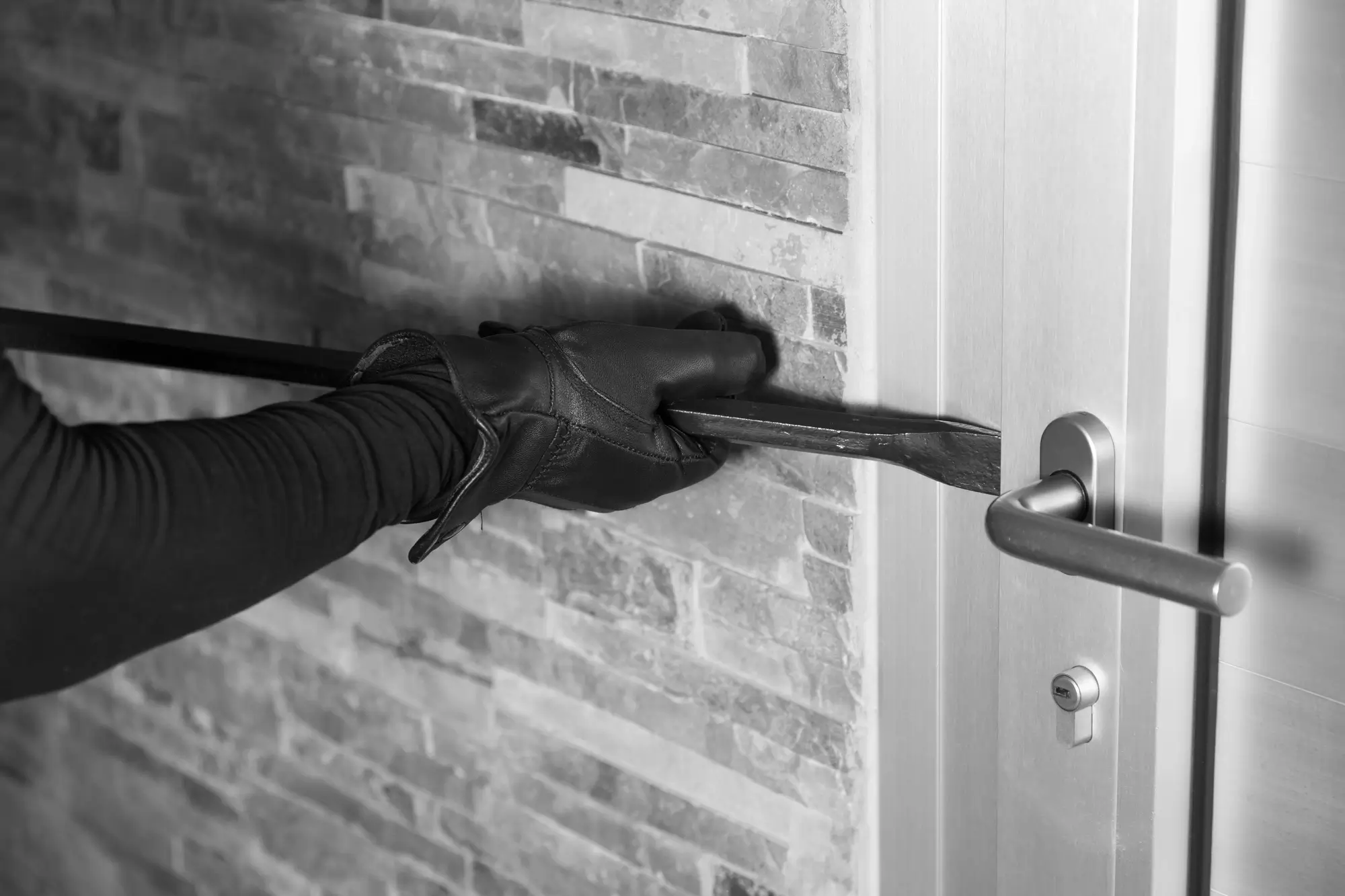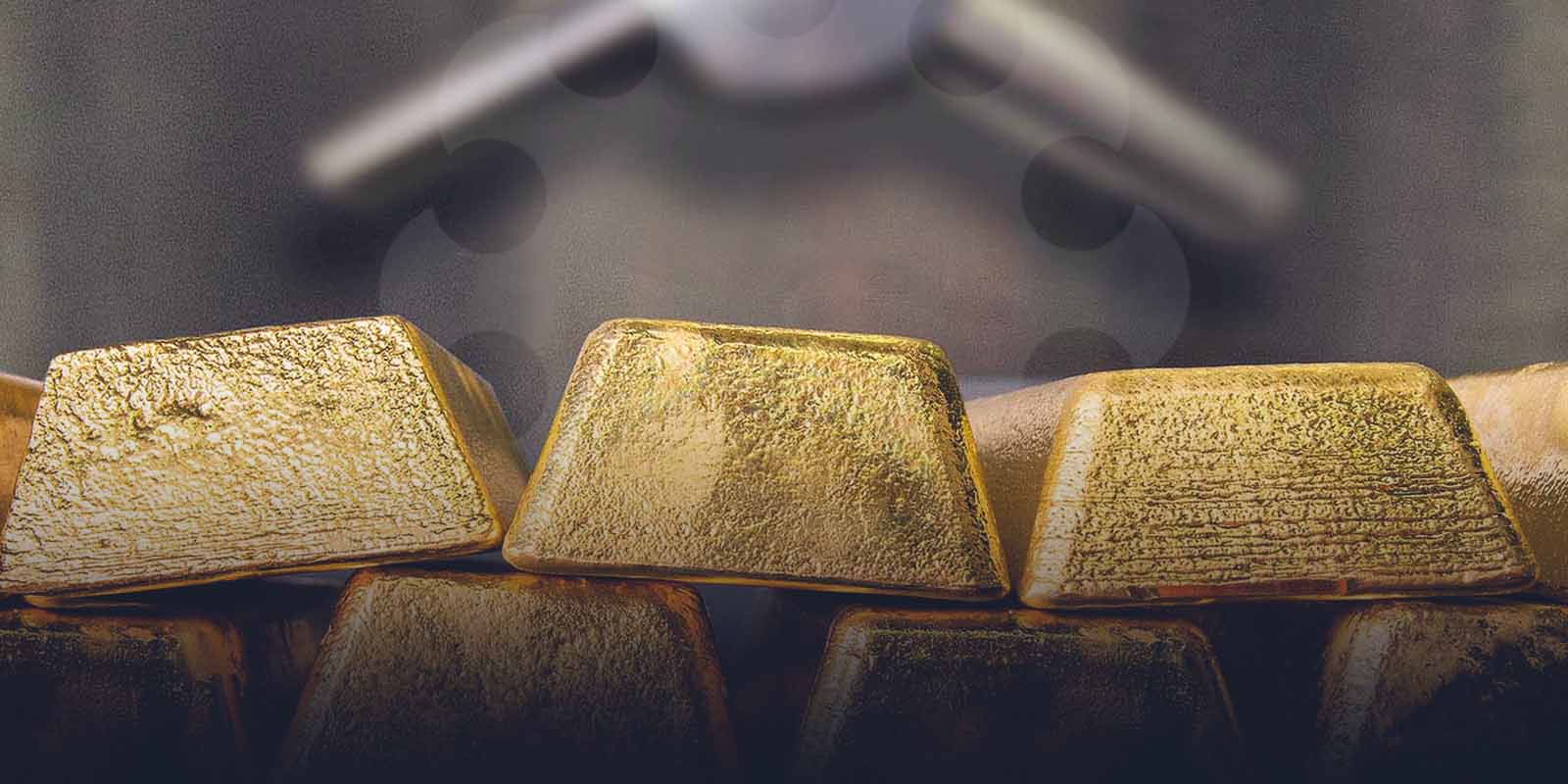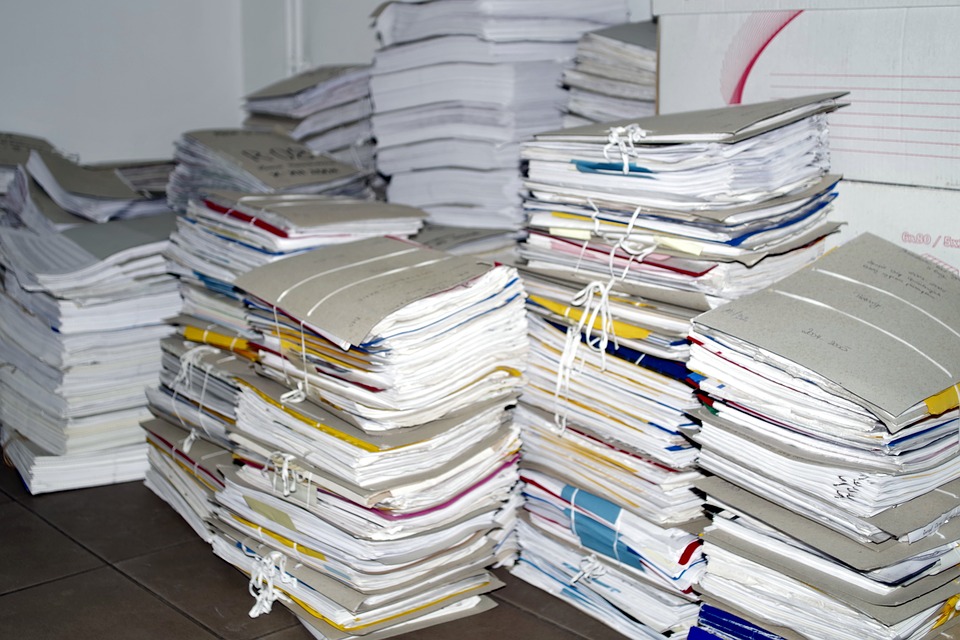When it comes to safeguarding our most valuable possessions, the choice between a home safe and a safe deposit box service can be quite the conundrum. Both options offer unique advantages and potential drawbacks, so understanding which one suits your needs best is crucial.
I’ve often found myself weighing the convenience and accessibility of a home safe against the security and peace of mind provided by a safe deposit box service. Each option has its own set of benefits that cater to different priorities, whether it’s immediate access or enhanced protection. Let’s delve into these choices to help you make an informed decision.
Understanding Home Safes and Safe Deposit Boxes
When it’s time to secure your valuable items and important documents, there are two main options: home safes and safe deposit boxes. Both offer a level of protection, but they differ in terms of security, accessibility, and cost.
Home Safes
Home safes provide a secure storage space within your home. They come in various sizes and security levels and often feature fire protection and water resistance. Some models can be installed in walls or bolted to the floor, while others have time locks or require a waiting period before unlocking.
Pros of Home Safes
Accessibility: Home safes offer instant access to your stored items, making them ideal for frequently needed documents or emergencies.
Cost: While the initial purchase of a home safe can be expensive compared to other options, it’s a one-time cost with no recurring fees.
Safe Deposit Boxes
Safe deposit boxes are secure storage units provided by private facilities or banks. They are typically located within a vault, offering high-level security for valuable items. You can rent these boxes for a monthly or annual fee, and access is usually restricted to certai hours depending on the facility.
Pros of Safe Deposit Boxes
Security: Safe deposit boxes are housed within high-secure facilities, providing a higher level of security against theft and natural disasters compared to home safes.
Cost Efficiency: Renting a safe deposit box generally involves a low annual fee, making it a cost-effective choice for long-term storage of items, especially good for items you don’t need to access everyday.

Comparing Security Levels
Home safes and safe deposit boxes each have unique security features. Home safes can be bolted down and offer fire and water resistance, suitable for quick access needs. Safe deposit boxes, housed in bank vaults, provide robust protection against theft and environmental damage, although they can only be accessed when the facility is open..
Weighing Accessibility
Immediate access is a significant advantage of home safes, which can be opened at anytime. In contrast, safe deposit boxes restrict access to operating hours, which might be a drawback during emergencies. The choice depends on how often you need to access my stored items.
Evaluating Costs
While home safes involve a one-time purchase, they come with varying costs based on size and features. Safe deposit boxes require an ongoing annual fee, generally more affordable but accumulating over time. Weighing the initial investment against recurring charges helps me decide which option suit your budget and needs.
Benefits of Home Safes
Home safes offer several advantages, making them a valuable investment for many households. Their key benefits include accessibility, customisation, and immediate availability.
Accessibility
Home safes provide instant access to your valuables at any time. Whether it’s passports, legal documents, or medical directives, having these items within reach makes daily life more convenient. No need to adhere to bank hours or make trips to access your belongings.
Customisation
Home safes come in a variety of sizes and security levels, allowing you to choose one that fits your specific needs. Features like fire protection and water resistance add extra layers of security. I can install my safe in a wall, floor, or even within furniture, tailoring its placement to my home and preferences.
Immediate Availability
One of the primary advantages of home safes is the immediate availability of stored items. There’s no wait time or additional barriers to accessing essential valuables. This prompt access can be crucial in emergencies or when I suddenly need important documents.
Home safes provide flexibility and control over my valued possessions, offering accessible and customisable security solutions. The ability to choose specific features and install the safe in convenient locations underscores its practicality.
Benefits of Safe Deposit Boxes
Switching to a safe deposit box offers a higher level of security and specialised protection for valuables compared to home safes. Here’s why to use a safety deposit box:

Security
Safe deposit boxes require dual control. This involves two keys, one held by the owner and the other by the facility or bank personnel, which ensures that both keys and identity verification are needed to access the box. Bank vaults provide superior security compared to home safes. They feature advanced measures like alarms, video cameras, and high-security locks making break-ins substantially harder. Designed to withstand severe conditions like tornadoes, fires, and floods, bank vaults offer better protection for valuables.
Environmental Protection
safety deposit box facilities offer exceptional protection from environmental hazards. Storing items in waterproof containers within the safe deposit box adds an extra layer of protection against water damage. Compared to home safes, security vaults provide enhanced fire protection ensuring the contents remain at safer temperatures during a fire incident.
Privacy
Safe deposit boxes ensure high privacy for stored items. Access is exclusive to the owner and authorised individuals, guaranteeing confidentiality. Additionally, banks do not monitor the actual contents, which preserves the privacy of the items stored.
Drawbacks of Home Safes
Home safes, while convenient, have several significant drawbacks. These issues affect their overall security and reliability.
Vulnerability to Theft
Home safes are easier to breach than safe deposit boxes. Burglars can gain access to a home and open a safe before managing to break into a bank’s vault. Thieves often target home safes, making them a less secure option for storing valuables. Numerous online tutorials demonstrate how to crack home safes, further reducing their security.
Cost and Maintenance
Home safes can be costly. Even basic models typically cost over $100, while fireproof versions are even more expensive. Additionally, home safes need regular maintenance, like keeping the key or combination secure. If not properly installed, they can suffer from water damage, adding more complexity.
Drawbacks of Safe Deposit Boxes
Safe deposit boxes, while providing security, come with a few limitations.
Limited Access
Accessing safe deposit boxes is restricted to the facilities business hours. This can be inconvenient if items are needed urgently or in emergencies, retrieving documents or valuables becomes challenging.
Restrictions on Contents
Safe deposit boxes There are some items which will be restricted from storing in a safety deposit box faciltity so you should check with the business to find out what is and what is not allowed. it goes without saying that anything illegal is prohibited.
Considerations for Choosing Between a Home Safe and a Safe Deposit Box
Choosing between a home safe and a safe deposit box boils down to several key factors. It’s essential to consider your specific needs, the types of items you wish to secure, and the balance between convenience and security.
Personal Use Case
Home safes can be are ideal for items needing frequent access. Passports, medical directives, and powers of attorney are all examples. These documents might be required at a moment’s notice, making a home safe the best option. On the other hand, safe deposit boxes are more suitable for items not needed in an emergency. Birth certificates, property deeds, and irreplaceable family photos can be stored securely in a safety deposit box. Access to these items, however, is limited to certain hours, which may be an inconvenience if immediate retrieval is necessary.
Type of Valuables
The type of valuables you intend to store significantly impacts your choice. In my experience, a home safe is perfect for replaceable items. Copies of important documents and other easily replaceable valuables can be securely kept at home. If these items are lost or damaged, replacements can generally be obtained. Conversely, a safe deposit box is the better choice for irreplaceable items. Storing property deeds and family photos securely at a bank ensures they remain safe from theft or disaster, even if they aren’t needed frequently.
Convenience vs Security
Balancing convenience and security can be challenging. Home safes offer unparalleled convenience because you can access your valuables anytime. However, they can be more vulnerable to theft, especially without adequate security measures at home. Safe deposit boxes, by contrast, provide heightened security. Facilities often employ advanced security features, ensuring the highest level of protection for stored items. Yet, the downside is the limited access, as these boxes can only be accessed during allocated hours.
Choosing between a home safe and a safe deposit box service depends on your personal use case, the types of valuables you’re securing, and whether you prioritise convenience or security. Each option has its benefits and limitations, which should be carefully weighed against your specific needs.
Conclusion
Choosing between a home safe and a safe deposit box boils down to your specific needs and priorities. If you need frequent access to important documents or valuables, a home safe offers unmatched convenience. However, for irreplaceable items requiring the highest level of security, a safe deposit box is the better option. Both have their pros and cons, and the right choice depends on what you’re storing and how often you need to access it. Balancing convenience and security is key to making an informed decision.






